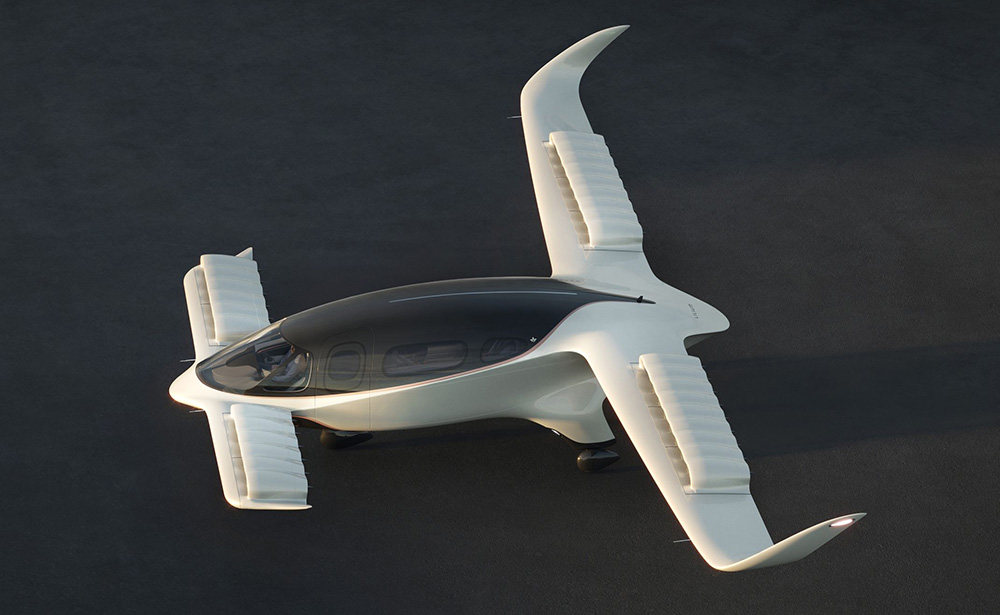Lilium, the developer of an electric vertical take-off and landing (eVTOL) jet, has partnered with Honeywell and DENSO, who will co-develop and manufacture the electric motor that will power the Lilium Jet’s engines.
Honeywell, which invested in Lilium in 2021, is already developing the Lilium Jet’s avionics and flight control systems. Honeywell also has an alliance with automotive giant DENSO to develop electric aviation solutions. Lilium says the new e-motor will benefit from Honeywell’s aerospace expertise as well as DENSO’s experience in high-quality volume production.
The three companies have been working on the proprietary Lilium e-motor for nearly two years. Its air-cooled design is meant to offer structural simplicity and ease of maintenance compared with traditional liquid cooling systems, and thus the potential for lower aircraft operating costs. The e-motor has its rotor and stator in a centrifugal or radial configuration, as opposed to more traditional axial designs. Lilium says this lowers the motor’s weight, manufacturing costs and susceptibility to foreign object damage. The first prototypes will be designed to deliver 100 kW of power from a system weighing just over 4 kg.
“Lilium’s procurement strategy is to engage with the technology providers with the most suitable expertise,” said Lilium COO Yves Yemsi. “We are already making great progress with Honeywell on its Honeywell Anthem integrated flight deck and flight control computers, and we are delighted to deepen our relationship by also partnering with Honeywell and DENSO on our e-motor.”
Source: Lilium



















































